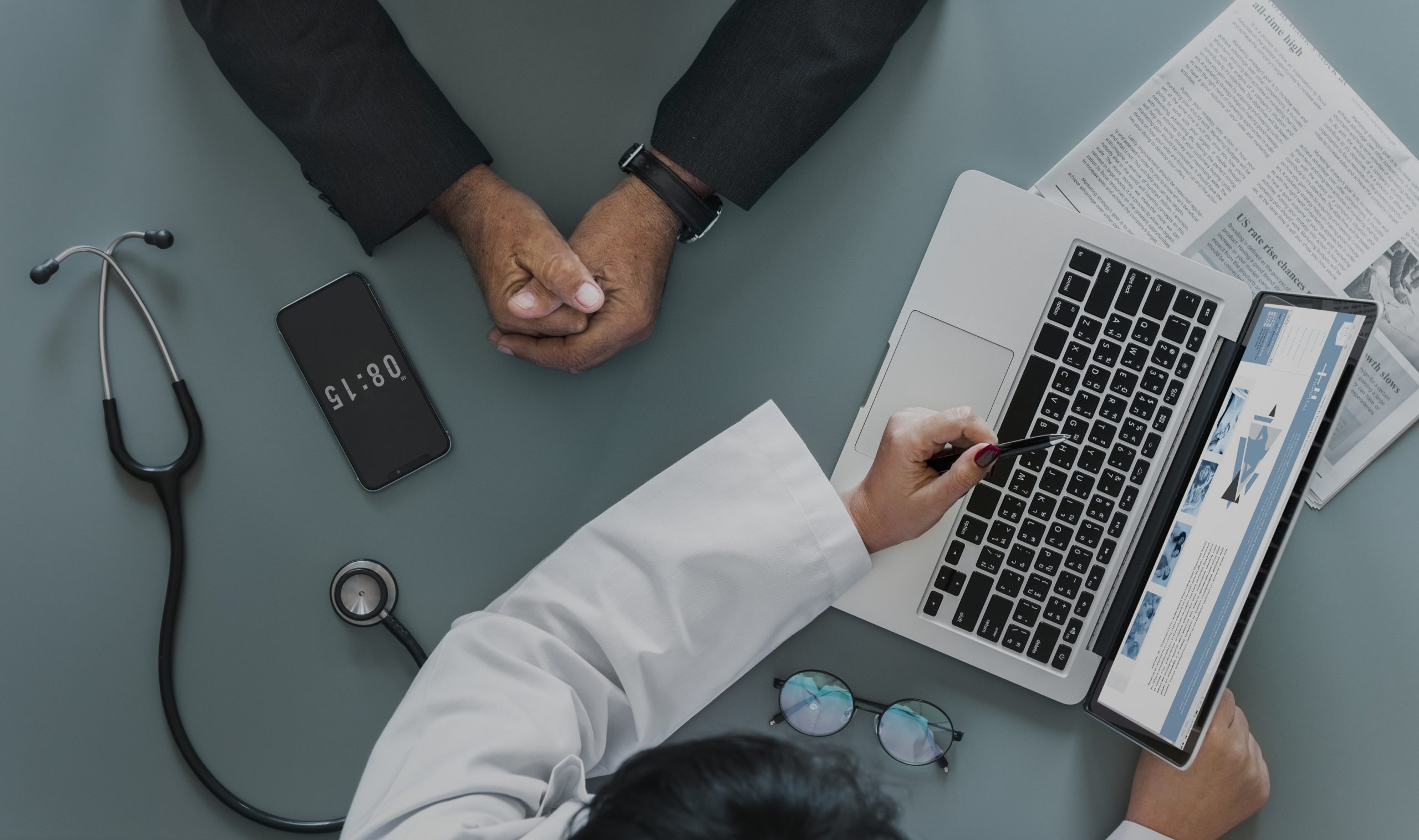Health Tech
Remote Doctor app targets rural and remote communities
Remote Doctors 4 Africa, a start-up focused on the digital healthcare ecosystem, is launching a new telehealth app to address the lack of healthcare services in rural communities. Through the Remote Doctors 4 Africa app (RD4A), citizens in the remote corners of South Africa, Botswana, Ethiopia, and Zimbabwe, will have access to digital telehealth services, and healthcare professionals will have access to critical data.
Covid-19, and its subsequential onslaught to communities across the continent, highlighted the dire situation, not only in South Africa but across Africa, where rural communities lack access to education, healthcare, and infrastructure. It is these forgotten citizens that Remote Doctors 4 Africa want to assist through a range of telemedicine, telehealth, and connectivity solutions.
Ernest Mhlongo, CEO of Remote Doctors 4 Africa, says: “Even though telemedicine (the remote diagnosis and treatment of patients through technology) has been getting significant attention on the continent, not much is said about telehealth. This is where hospital-grade diagnostic equipment is brought closer to the patient. Effectively, this sees a nurse operating the equipment at the location and a doctor doing the consultation remotely, enabled through various technology platforms. There are companies that specialise in either of these approaches, but we provide a value proposition that integrates both with local knowledge and skills.”
The Remote Doctors 4 Africa team has a wealth of experience working in the technology industry in Africa and aims to address this challenge through the delivery of telehealth services. These services are deployed using a mobile app that brings quality primary healthcare to the people who need it the most. This app can be used on all mobile devices whether a smartphone or a more basic feature phone, like a standard Nokia for example.
Remote Doctors 4 Africa is built around three pillars. Firstly, it provides connectivity to rural communities so people can access the Web. Secondly, it educates those communities on what they can do with this access to empower themselves. And thirdly, it is about delivering the entire digital healthcare ecosystem to those communities.
“By integrating these three pillars, we can make a significant difference in people’s lives. While hospitals might have networks and connectivity in place, the rural village clinics do not have this. They often rely on dongles to connect to the internet. By focusing on the digital transformation of health at all levels, we address this by laying out the technology to enable the delivery of telemedicine and telehealth to these forgotten communities,” he says.
Mhlongo says that an additional benefit of bringing digital healthcare to rural areas is the opportunity to capture critical data, “most doctors in rural village clinics and communities do everything on a piece of paper which gets filed somewhere. If a patient visits another physician, there is no medical history to fall back on. By pushing for all this information to be stored in the cloud, we are making sophisticated analytics possible that can help healthcare providers and governments identify where best to allocate resources.”
By being able to access this data at a village clinic level, this provides stakeholders with invaluable insight into the prioritisation of much-needed resources. For Remote Doctors 4 Africa, it is about connecting the unconnected and using technology to bridge the gap in healthcare.
“We are using technology built in Africa for Africans. We understand the challenges of infrastructure and healthcare on the continent, and we have developed a platform that is language-agnostic, biometrics enabled, to address the need to deliver hospital-grade healthcare to rural communities,” says Mhlongo.

















